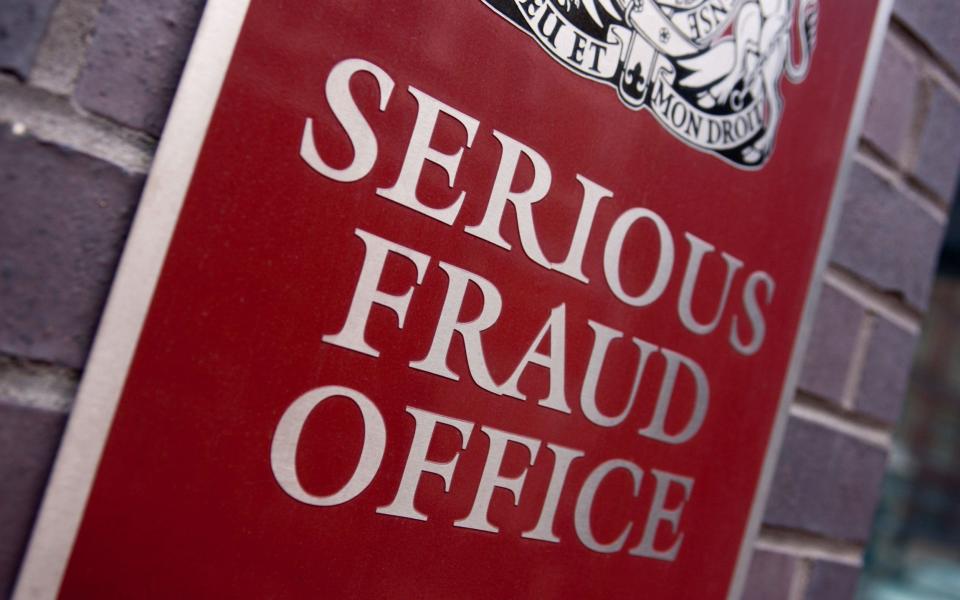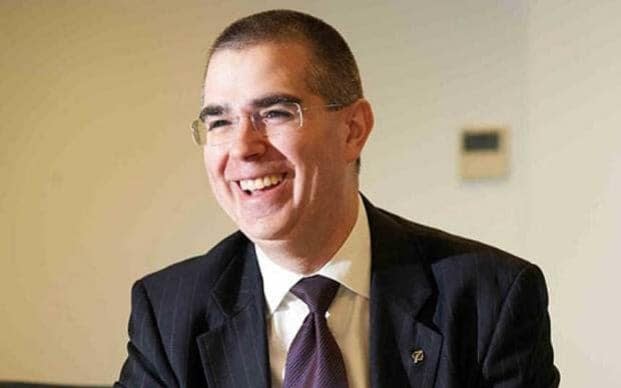Quindell's buyers sue to reclaim every penny spent

The Australian law firm that bought Quindell’s legal business in a disastrous £637m deal has claimed that the controversial British company misled it over the prospects of the personal injury cases on the books.
Slater & Gordon was crippled by the ill-fated 2015 acquisition and earlier this month served Watchstone, as Quindell is now known, with a High Court claim seeking to recoup all of the money it spent.
Court documents obtained by The Telegraph show that central to Slater & Gordon’s lawsuit is an allegation that Quindell made fraudulent misrepresentations about the dilution rates at its so-called professional services division (PSD).
The dilution rates are a key measure of the forecast failure rates of the personal injury cases that were acquired in the deal.
Quindell handled cases including road traffic accident and noise-induced hearing loss claims.
According to Slater & Gordon, a report that Quindell’s bosses commissioned from PwC showed that the company’s stated dilution rates were at least 5pc too low.

The law firm claims that Quindell’s management were aware of PwC’s findings but the auditing giant’s assessment was deliberately withheld from it.
“Slater & Gordon’s primary case is that no prospective purchaser with knowledge of the true state of the professional services division at the time of the acquisition would have purchased the PSD,” the law firm said in the court documents.
“Accordingly, the PSD had no value and Slater & Gordon is entitled to recover the entire price paid, namely £637m.”
Quindell become embroiled in one of the biggest stock market scandals in recent years when, just months after it agreed to sell the legal division, it was forced to drastically revise its 2013 accounts to show it had suffered a £64m pre-tax loss, having previously reported a £107m profit.
Within hours of the restatements, the Serious Fraud Office announced that it had launched a probe into company, which remains ongoing.
Since buying Quindell’s legal business, Slater & Gordon has been thrown into turmoil. It plunged to a A$1bn loss last year after it wrote-off A$879.5m of goodwill from the UK business.
Quindell was once a stock market darling that grew from curious origins as a Hampshire golf club to a sprawling Aim-listed conglomerate. It was once worth £2.7bn with interests spanning insurance claims to insulation.
Its transformation was driven by founder Rob Terry, who was forced from the business in 2014 amid investor anger over his opaque stock market dealings.

Its chief executive at the time the Slater & Gordon deal was negotiated was Robert Fielding, who had worked with Mr Terry. Mr Fielding transferred to Slater & Gordon with the Quindell legal business when the deal completed in May 2015.
The lawsuit claims that when one of its employees asked Mr Fielding about the division’s more recent high dilution rates, he said the business needed to return to its “Ferrari model”.
Slater & Gordon alleges that Mr Fielding was referring to the dilution rates at Silverbeck Rymer in 2011, a much smaller law firm that Quindell would go on to buy. Silverbeck Rymer took on higher quality cases than Quindell had subsequently.
A Watchstone spokesman said: “These accusations are groundless and without merit and we will defend the claim robustly.
“Slater & Gordon has continuously refused to disclose key relevant evidence in its possession and we would intend to seek its disclosure at the earliest possible opportunity.”

 Yahoo Finance
Yahoo Finance 